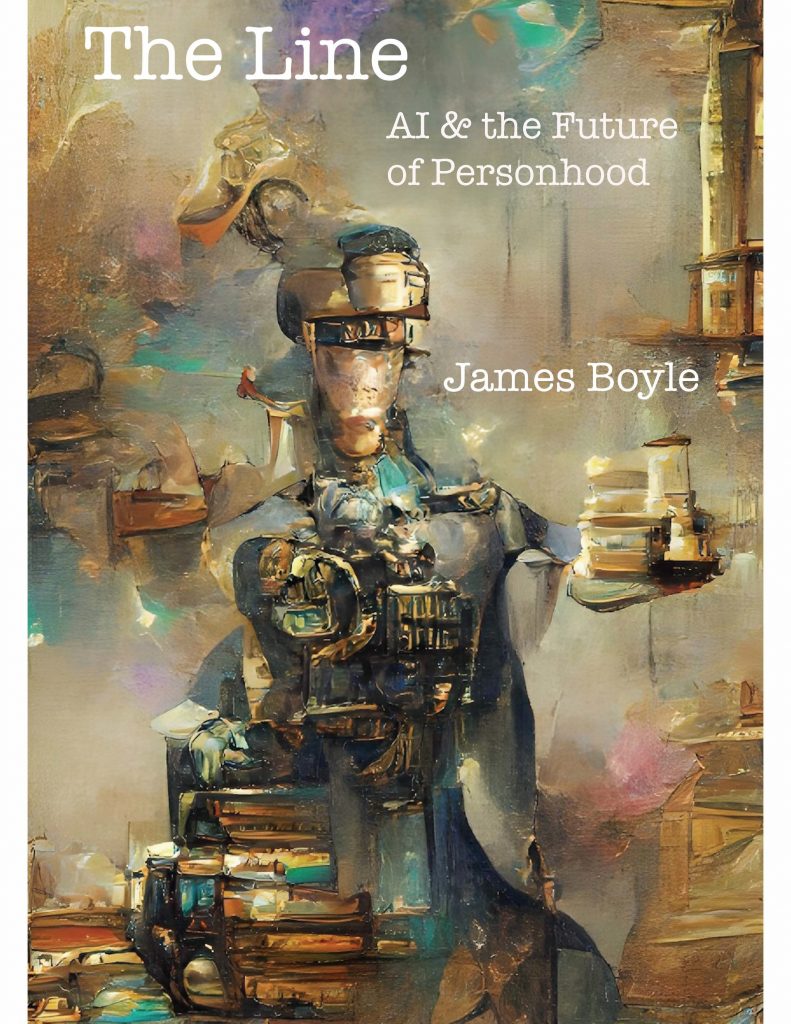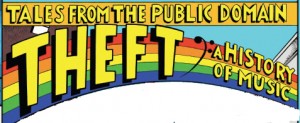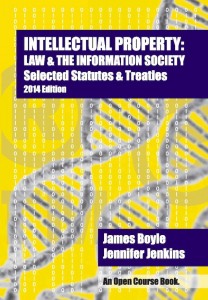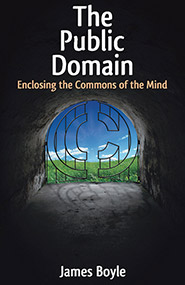My newest FT column…
They call it the 20th century black hole and it lives up to its name. Huge quantities of matter are drawn by an overwhelming force into an inaccessible vortex from which not even light can escape. Except here, the overwhelming force is copyright law and the stuff relentlessly sucked into an inaccessible center is our collective culture.
That culture includes the 20th century books that Google wants to make available under something called the Book Search Settlement. But not everyone agrees.
Once upon a time, 3 things held true. Copyrights were relatively short. You had to renew them (most people did not.) You didn’t get one unless you asked. Now none of those holds true. Copyright can last for over 100 years. The result? The great libraries of the world are full of books that are a.) still under copyright b.) commercially unavailable and, in many cases, c.) “orphan works” with no copyright holder we can find. Copyright has exhausted its function yet the works remain trapped in our cultural black hole.
Enter Google. Google began digitizing some of the great libraries of the world (with their permission.) Copyright holders who did not want their works indexed could opt out. Now those libraries could be searched. Google made the public domain works available in full for free. (Try it. The Library of Alexandria on your desktop.) The copyrighted works are only shown in snippet view. You can see a few words surrounding your search. If the book is what you wanted you can try to purchase it or find it in a library. Some publishers’ and authors’ representatives objected and a lawsuit was filed. In my view, Google had a very good argument that the scanning was “fair use.” We may never know because, before the trial, a proposed settlement was reached with a group of publishers and with the Author’s Guild. It still allows copyright holders to opt out of being included in the index. Those works that remain will now be available for digital reading online, on payment of a fee. The majority of the money from sales and advertising will be put into a central fund and distributed to authors and publishers. In other words, we would have a way to get access to the 20th century black hole — to search and read all those commercially unavailable or orphan works. Authors would get paid for works that otherwise were commercially unavailable. Libraries would get free access on a single machine in each library. That agreement now has to be okayed by a Federal judge — who has just extended the deadline for objections.
The settlement is long and complex. The objections are too. Some authors wanted an opt in system, rather than opt out. But an opt in system, by definition, would not include all the orphans. Others, rightly, cast doubt on whether the organizations that brought the suit represented all the interests involved. Google’s competitors in the search business are particularly aggrieved. To me, the most powerful objections came from those with an undoubted commitment to breaking free of the black hole, digital library pioneers and civil libertarians. While they were delighted at the promise of greater access, they pointed out numerous troubling aspects of the agreement. Google would have an effective monopoly over the index and in particular, over those commercially unavailable works in the black hole. No one author or publisher could compete and no other search company would have negotiated Google’s immunity from suit. Since you cannot download the copyrighted books, only read them online, Google holds the keys to your library and can monitor your reading. The privacy protections it promised did not satisfy everyone. A series of briefs have been filed with the court objecting to the settlement and proposing extensive revisions.
I agree with a lot of the criticisms. Privacy protections could be improved, the monopoly point is a real one and the rights of libraries should be expanded. Some of those points might be fixed before the agreement is ratified. Others may need subsequent scrutiny by privacy and antitrust regulators. Google has responded, persuasively, that many of the problems could be resolved if only we had a rational copyright law in the first place with a safe harbor for the use of orphan works. The criticisms continue.
What if the critics prevail and no settlement can be reached? I would prefer us to fix copyright law so these issues disappear. But if we cannot do that, we need a second best solution. Google’s escape module has flaws, lots of them, but it is better than staying in the black hole.
https://twitter.com/thepublicdomain
James Boyle is William Neal Reynolds Professor of law at Duke Law School. His latest book, The Public Domain: Enclosing the Commons of the Mind is available online in full for free at https://thepublicdomain.org and at Google Book Search.









Fact is that copyright law (and for that matter many other legal frameworks) are just not able for modern electronic and internet resources. Until such time as we go back and bring the fundamentals up to speed we will go around in ever decreasing circles – and you know where that leads!
Chris Warren
Author and Freelance Writer
Randolph’s Challenge Book One – The Pendulum Swings
My writeup here. Except that I don’t use code words like “safe harbor” or “fix copyright”. I state explicitly that the duration of copyright needs to be shorter.
Any chance that you might install a comment previewer?
[…] Without the settlement and/or legal reform, we risk having what James Boyle called a “20th century black hole” for […]
[…] settlement. Academics have also voiced their concern, two pieces by the always incisive James Boyle here and here; or James Grimmelman’s excellent opinion […]
[…] Jamie Boyle, o pai da ecologia digital, conta que em um tempo distante… tínhamos 3 situações. O tempo de proteção das obras era curto, o registro para proteção da obra tinha que ser renovado (o que a maioria não fazia), e o tal registro nem chegava a existir a não ser que fosse solicitado. Hoje tudo é bem diferente. Os períodos de proteção automática a direitos autorais podem durar mais de 100 anos. O resultado? As grandes bibliotecas do mundo estão abarrotadas de livros que: (1) ainda estão protegidos, (2) estão comercialmente indisponíveis e, na maioria dos casos, (3) são obras órfãs sem qualquer detentor de direitos com quem negociar. […]
[…] cual hay quienes ven en el acuerdo la posibilidad de que parte de la cultura del siglo XX escape al agujero negro en que habría quedado sumida, provocado por la prolongación de los plazos de protección de la […]